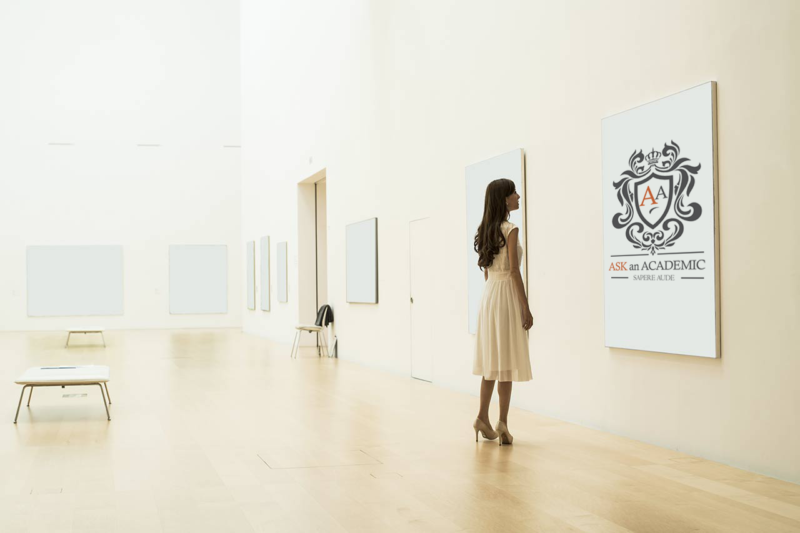Trends in Contemporary Literature
A discussion of some notable ideas and changes that have arisen in the post-World War II literary world
Question
What are some of the more memorable and distinctive developments surrounding contemporary literature?
Answer
‘Contemporary literature’ is a term normally used to classify literary works produced after the Second World War or more recently. In this way, it can be used interchangeably with ‘postmodern literature’, although not all contemporary literature has specifically postmodern features. Nonetheless, the postmodern is certainly an important and distinctive trend within the contemporary sphere: writings in this vein have adopted startling non-traditional techniques like non-linear and unreliable narration, metafictional elements and pastiches of other forms, which cause postmodern literature to appear odd, interesting and confusing to general readers even at the current time.
Though previous eras have also contained their own populist traditions, it cannot be denied that popular literature has greatly expanded since the advent of the contemporary period, and in many cases separated itself vastly from more canonical and academic concerns. The 1950s in America are often seen as the high point of pulp fiction and its associated range of romantic, horror, detective/crime, fantasy and science fiction genres, as well as graphic narratives – all forms which have thrived exponentially over time and now enjoy considerable reader fanaticism.
Developing literacy over the world in this time has also brought about the addition of many different cultural voices to the literary tradition – Anglophone authors in particular have emerged in various (often former colonial) countries, and been praised and celebrated for their contributions to worldwide English literature. Postcolonial literary theory has often taken a particular interest in the creations of these authors, and in some cases such works have been incorporated in mainstream Western literary canons.
Literary theory is, in itself, a profound development in the contemporary era, and has led critics and academics to think about literature in ways beyond conventional ‘liberal humanist’ approaches, no longer inclined to see literary products as isolated and self-contained pieces unrelated to material circumstances and reflective of timeless notions; instead, a variety of socio-political issues and ideas have been brought to bear upon the analytical process, which have rendered both literature and the array of responses to literature more labyrinthine than ever before.
